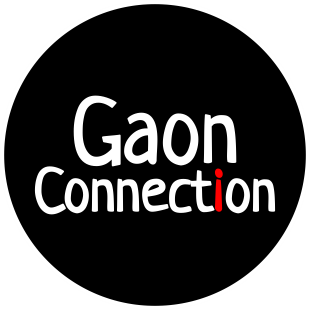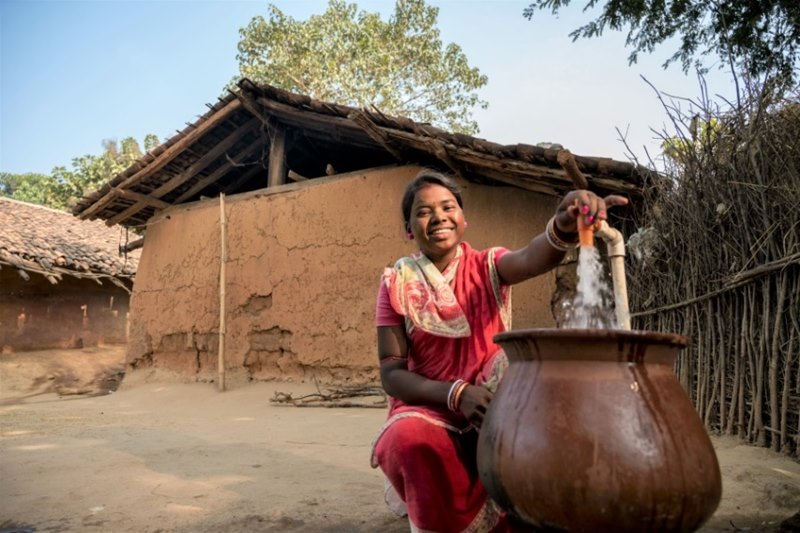Jaltol, an open-source digital tool to ensure water security in rural India
Bengaluru-based Centre for Social and Environmental Innovation has launched a digital tool – Jaltol – that provides remote sensing data such as rainfall, soil moisture, changes in groundwater storage, together on a single platform. It is expected to make data more accessible, for water budget estimation and water management in rural areas.


Jaltol is addressing an important gap in water resource management and service delivery in rural areas, say experts. Photo: @jaljeevan_/twitter
Decision makers involved in rural water security planning can now ensure water security at the click of a button. An open-source tool — Jaltol — has been launched to make water balance estimation easy for grassroot communities.
It was launched yesterday on November 30 by the Centre for Social and Environmental Innovation, a new centre within the Ashoka Trust for Research in Ecology and the Environment (ATREE), Bengaluru, focusing on water security.
How does Jaltol work?
The Jaltol plugin provides remote sensing data — rainfall, evapotranspiration, soil moisture, changes in surface water/groundwater storage, land use/land cover — together on one platform. It is claimed to be available in an easy-to-use format, to help estimate the water balance.
Step-by-step instructions on how to use Jaltol
The digital tool is expected to help decision makers involved in rural water security planning including civil society organisations and government officials to get data about their watershed at the click of a button.
Also Read: Dehradun’s smart water ATMs provide clean drinking water at an affordable price
Why was the digital tool needed?
Water security planning is important to assess water availability and demand in a region so that rural interventions can be designed accordingly, read the press statement dated November 30. “To prepare a robust water security plan, we must first accurately estimate the water budget, i.e. how much water is available, and how much is being used.”
“Government schemes are now pushing for water budgeting to be done at the gram panchayat level as part of the rural water security planning process,” Veena Srinivasan, director, CSEI, said during the launch event. “But at the community level, developing the hydrological expertise required to do water budgeting accurately is a tall order,” she added.
“Digital tools like Jaltol can potentially make data easily available and more accessible, making water budget estimation easy,” she said, adding that without understanding water budgets, solving India’s water crisis is going to be a non-starter.
The project team also talked to grassroot communities about their water management challenges to identify two critical gaps — lack of water data and the hydrological expertise to use this data well. This led to creation of Jaltol, as digital tools have the potential to make data easily accessible, thereby addressing the expertise bottleneck.
“Jaltol is addressing an important gap in water resource management and service delivery in rural areas. It’s very early days but we see this tool as having the potential to allow evidenced-based planning to happen in earnest,” said Jeff Albert, Deputy Chief of the USAID-funded Water, Sanitation, and Hygiene Partnerships for Learning and Sustainability (WASHPaLS) project.
During the launch event, Sashikumar N and MS Raviprakash, from Advanced Centre for Integrated Water Resources Management, a think tank to Karnataka government’s Water Resources Department, talked about how micro-scale planning is needed to prepare robust water budgets and thus improve the state’s efforts in rural water management. They also listed some current challenges.
Jaltol was developed as part of CSEI’s Food Futures Initiative that aims to help boost water security and restore five million hectares of degraded agricultural land, thereby improving 150,000 livelihoods by 2030. It was funded by India Climate Collaborative, a collective working to accelerate climate action in the country, and a grant-making organisation EdelGive Foundation.

